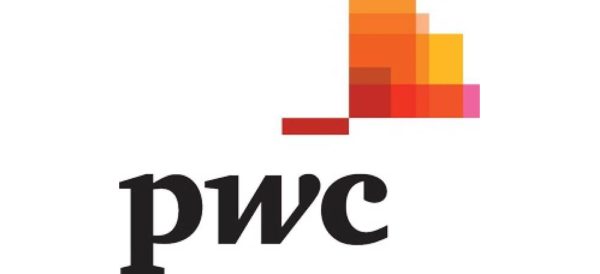We're looking forward to exploring global well-being with you, His Holiness the Dalai Lama and our expert panel. Please review our guidelines and FAQs for attending this event.
Capitol Theater doors open at 11:30 a.m., and security screening begins at 11:00 a.m.
Plan to take one hour at minimum to get through security. You will need to be seated in Capitol Theater by 1:00 p.m. After that time, no guests will be admitted to the theater, even if they have a ticket.
Please note there will be no concessions in the theater. The Overture Center has two water fountains available outside of Capitol Theater.
No weapons of any kind (knife, leatherman, firearm, club, mag lights, baton, mace/pepperspray, throwing stars, fireworks, needles, objects with a sharp edge/point, etc.)
No backpacks or large bags (including large purses)
No liquids
No water bottles/containers
No food, including fruit
No electronic objects larger than wallet size (cell phones, smart phones, etc., are acceptable)
No tablets, iPads, laptops, video cameras or audio recorders
No pets (except for service animals)
No aerosol cans
No glitters
No balloons or similar object
No ropes or whip-like objects
No laser pointers, laser pens, dazzlers
No external flash device items for cameras and banners, signs or posters
FAQs
How might the world look roughly 15 years from now if we choose well-being today? While economic prosperity has generally increased, why haven’t happiness and well-being?
How can we decrease the costs related to depression and stress-related disorders that are projected to double to $6 trillion by 2030? How can we learn to be happy, to be kind, and to be grateful?
Along with His Holiness the Dalai Lama, the Center is gathering world leaders in science, health care and media to alter humanity’s course by sharing how we can cultivate well-being in ourselves, our communities and the world.
The World We Make
Panel
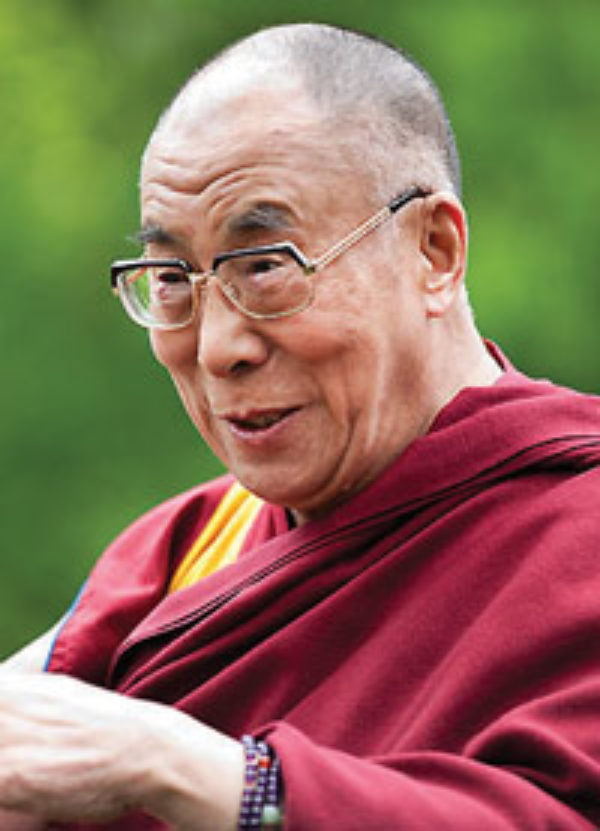
His Holiness, the 14th Dalai Lama, Tenzin Gyatso, is the spiritual leader of Tibet. At the age of two, the child, who was named Lhamo Dhondup at that time, was recognized as the reincarnation of the 13th Dalai Lama, Thubten Gyatso.
His Holiness is a man of peace. In 1989, he was awarded the Nobel Peace Prize for his non-violent struggle for the liberation of Tibet. He has consistently advocated policies of non-violence, even in the face of extreme aggression. He also became the first Nobel Laureate to be recognized for his concern for global environmental problems.
Since 1959, His Holiness has received 84 awards, honorary doctorates and prizes, in recognition of his message of peace, non-violence, inter-religious understanding, universal responsibility and compassion. His Holiness has also authored more than 72 books.
His Holiness describes himself as a simple Buddhist monk.
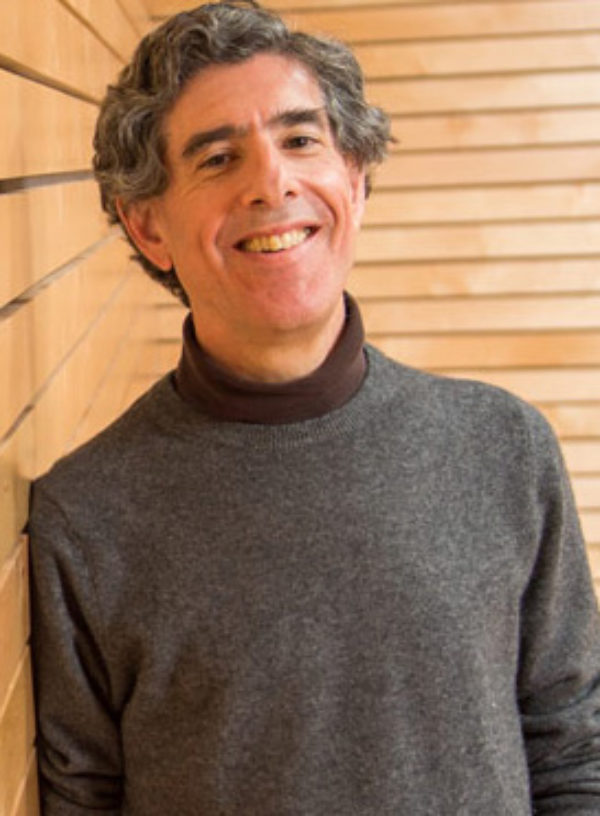
Richard Davidson is the Founder of the Center for Healthy Minds and the William James and Vilas Professor of Psychology and Psychiatry and the Director of the Waisman Laboratory for Brain Imaging and Behavior at the University of Wisconsin–Madison. He is best known for his groundbreaking work studying emotion and the brain. A friend and confidante of the Dalai Lama, he is a highly sought after expert and speaker, leading conversations on well-being on international stages such as the World Economic Forum, where he serves on the Global Council on Mental Health. Time Magazine named Davidson one of “The 100 Most Influential People in the World” in 2006.
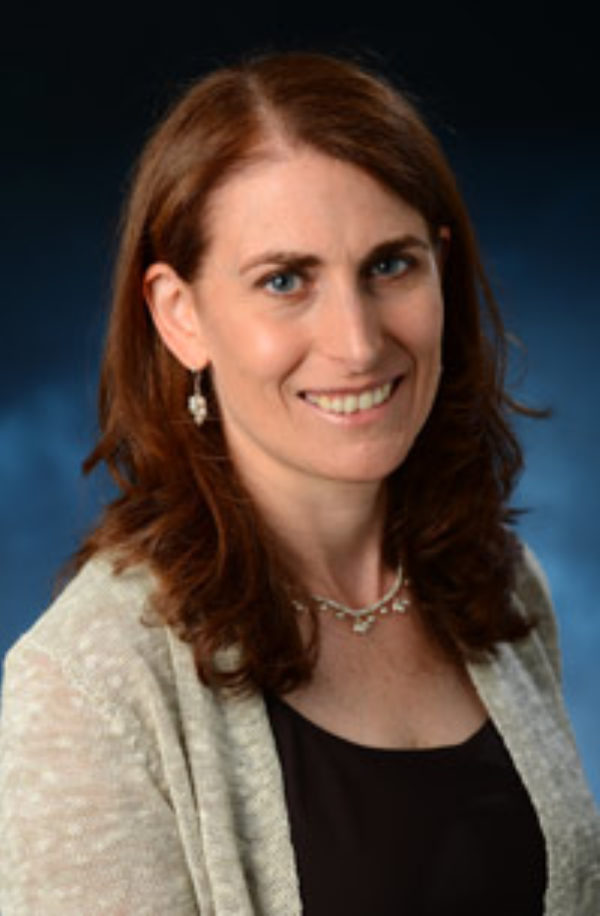
Sona Dimidjian is an Associate Professor in the Department of Psychology and Neuroscience at the University of Colorado, Boulder. Her research addresses the treatment and prevention of depression, with a particular focus on the mental health of women during pregnancy and postpartum. She is a leading expert in cognitive and behavioral approaches to depression as well as the clinical application of contemplative practices, such as mindfulness meditation. She has a longstanding interest in the dissemination of empirically supported treatments and evidence-based practice, both nationally and internationally.
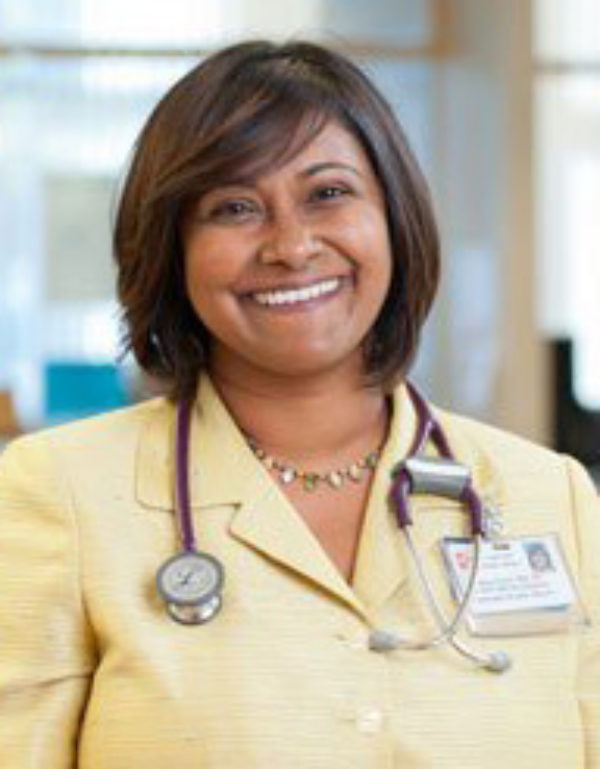
Soma Stout is the Executive External Lead for Health Improvement for the Institute for Healthcare Improvement and serves as Executive Lead of 100 Million Healthier Lives, which brings together hundreds of partners across communities to support 100 million people globally to live healthier lives by 2020. She also directs the Innovation Fellows Program at the Harvard Medical School Center for Primary Care and is Lead Transformation Adviser at the Cambridge Health Alliance (CHA). Soma is deeply committed to improving the health and well-being of underserved people and communities and has worked as a primary care doctor in the safety net for more than 15 years.
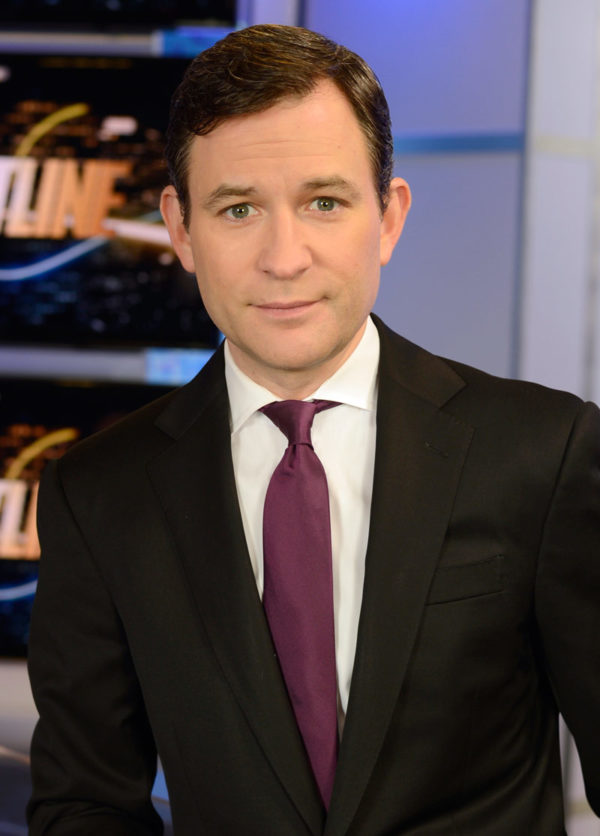
Dan Harris is a correspondent for ABC News and the co-anchor for the weekend edition of Good Morning America. Before that, he was the anchor of the Sunday edition of World News. He regularly contributes stories for such shows as Nightline, 20/20, World News with Diane Sawyer and GMA. Harris has reported from all over the planet, covering wars in Afghanistan, Israel/Palestine and Iraq, and producing investigative reports in Haiti, Cambodia, and the Congo. He has also spent many years covering America's faith scene, with a focus on evangelicals – who have treated him kindly despite the fact that he is openly agnostic. He has been at ABC News for 13 years and recently authored the book 10 Percent Happier: How I Tamed the Voice in My Head, Reduced Stress Without Losing My Edge, and Found Self-Help That Actually Works – A True Story. Harris recently launched the app “10% Happier: Meditation for Fidgety Skeptics," which was built in collaboration with Sharon Salzberg and Joseph Goldstein.
The World We Make is organized by the Center for Healthy Minds at the University of Wisconsin–Madison and made possible with management help from Healthy Minds Innovations, a non-profit dedicated to supporting the mission of the Center for Healthy Minds.
Donating =
Healthier Minds


